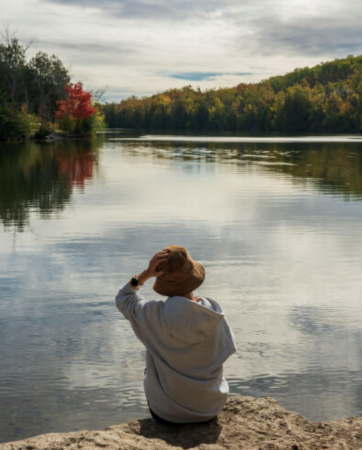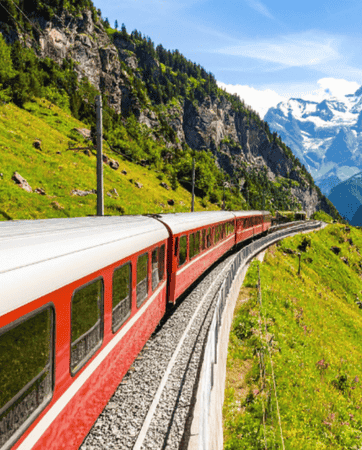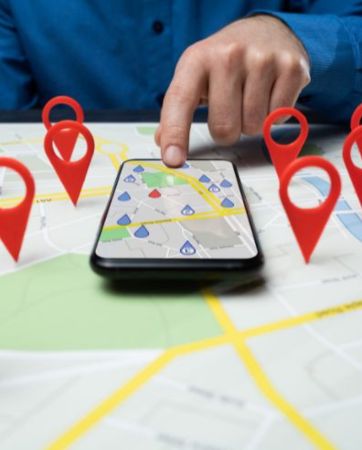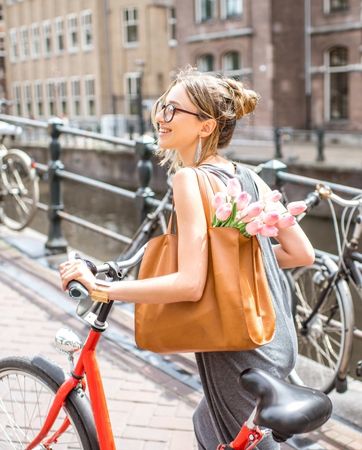How to Travel Like a Local: A Guide to Authentic Adventures
Traveling isn’t just about ticking off landmarks or capturing the perfect Instagram photo — it’s about dipping yourself in a new way of life. While basic tourism is easy (book the flight, follow the guidebook, see the top ten sights), authentic travel requires more purpose in your actions. To travel like a local, you’ll need to be ready to observe, engage and respect the culture you’re stepping into. It’s about replacing your role as a tourist for that of a curious guest. Here’s a guide on how you can turn your next trip into a genuine, culturally rich experience.
Stay where locals live
Skip the fancy hotel districts and stay in residential neighbourhoods where real life happens each morning. Whether it's Canal Saint-Martin in Paris, Fort Greene in Brooklyn, or Alfama in Lisbon, these areas offer the reality of everyday life — children heading to school, locals at cafés, community markets buzzing with activity. Look for boutique guesthouses, Airbnbs or homestays, and always ask your host for insider tips. Personal recommendations often lead to family-run restaurants, hidden parks and markets you’d never have the chance to experience by just following a guidebook. Try to avoid booking based on proximity to landmarks, as this often means noisy, overpriced areas filled with tourists rather than local experiences.
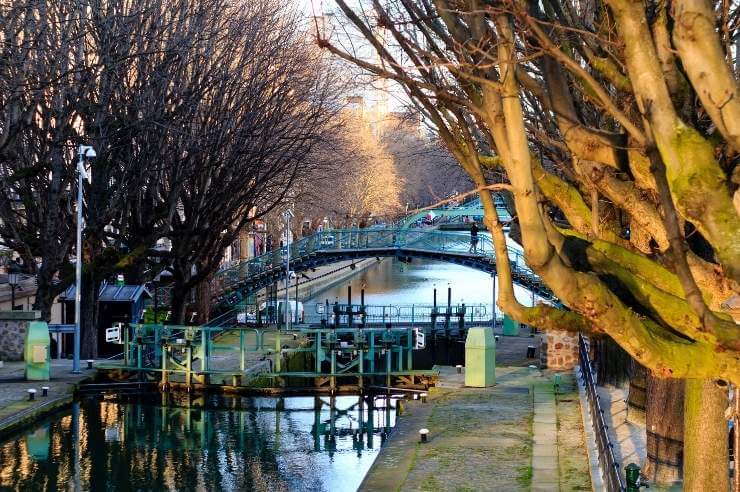
Eat like the locals do
Food is culture on a plate, so eat like the locals and we don’t just mean eat what they eat, but when and how they do too. Embrace regional specialties and try local dining customs. In Spain, lunch is the main meal, eaten late and enjoyed slowly, while in Vietnam, a hot bowl of phở can be eaten on the street as scooters whiz by and in Greece, meals are social events meant to be savoured over hours. Choose bustling street stalls or unassuming cafés where locals gather and avoid restaurants with laminated picture menus and pushy hosts — they usually cater to tourists, not taste.

Use local transportation
Move through the city as locals do—on foot, by bike, or via public transit. Take the ferry with Istanbul commuters across the Bosphorus, pedal through Amsterdam’s bike lanes, or hop on Mexico City’s metro for a real cultural experience. These everyday moments offer deeper glances into real life of the city you’re visiting—overhearing daily conversations, admiring street art, or sharing a laugh with a stranger. You’ll save money and discover the city sustainably, but also collect the kind of experiences that make travel remarkable.

Dress with cultural awareness
What you wear can say a lot about your respect for the local culture. In Italy, sophisticated style is the norm; in Japan, modesty and neatness are valued; and in many Middle Eastern countries, covering shoulders and knees is essential, especially at religious sites. Avoid loud, revealing or inappropriate clothing that may offend or make you stand out. Dressing appropriately helps you blend in and shows cultural sensitivity.
Learn and use basic language skills
Language is another bridge to meaningful travel. Even a few simple words like hello, thank you and excuse me can earn you warm smiles and open doors. In Thailand, a cheerful “Sawasdee ka/krap” is appreciated while in Germany, a polite “Entschuldigung” before a question shows courtesy. Don’t expect everyone to speak English and never raise your voice in frustration at someone. Use translation apps if needed and remember; effort matters more than fluency when travelling.
Shop local and support small businesses
Skip the airport souvenir shops and mass-produced trinkets. Instead seek souvenirs with a story behind them, made by local hands. For this, you should visit markets, corner shops and artisan stalls. Buy handmade crafts, traditional textiles, or locally sourced foods. Learn the norms around haggling: while expected in some cultures, it’s considered rude in others. Supporting local vendors not only improves your travel experience but also benefits the community directly.
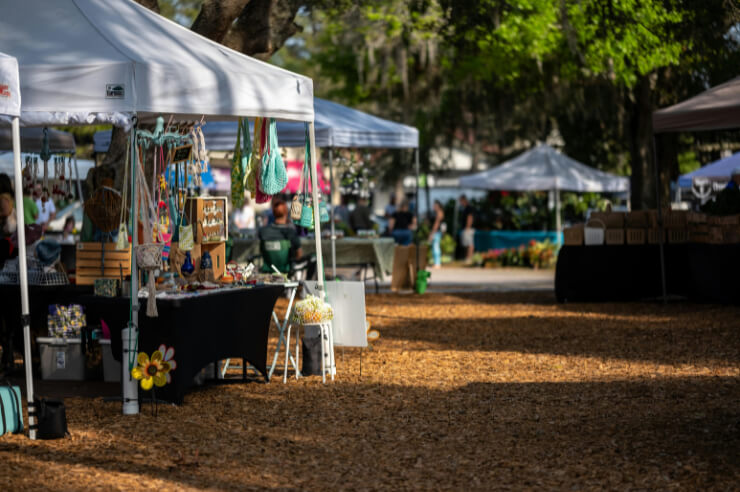
Respect cultural norms and behaviours
Cultural differences go beyond food and fashion. In Japan, silence on public transport is polite and in Brazil, physical warmth and hugs are common while in Finland, personal space is valued. Pay attention to body language, noise levels, etiquette and tipping practices. These details matter and a little research goes a long way in helping you fit in respectfully. Remember, adopting these small behaviours are a way of saying, “I see you, and I respect you.”
Participate in local life
Real experiences happen when you engage with the community. Attend a festival, join a local cooking class or hang out at a neighbourhood park. Watch a flamenco show in a neighbourhood peña in Seville, take a walking tour of Cape Town’s townships with a resident guide or soak in a sentō bathhouse in Tokyo. These moments aren’t curated for tourists, they’re real, raw, and unforgettable. They allow you to connect, learn and appreciate a culture from within — not just observe it from the outside.
Be a guest, not a consumer. Traveling like a local isn’t about perfectly blending in, it’s about showing up with curiosity, humility and respect. You’ll make mistakes, but locals will often appreciate your effort more than your accuracy. What you’ll gain is far more than photos or souvenirs — there’ll be real stories, human connections and a deeper appreciation for the world’s beautiful diversity. That’s how to leave a place better than you found it and carry a piece of it with you long after you leave.
Before you set off, don’t forget to take care of the practical side of travel too. Travel insurance is essential, not just for peace of mind in case of delays or lost luggage, but also for covering unexpected health emergencies or accidents abroad. And while you're exploring the world, make sure your home is protected too. Having reliable home insurance ensures that the place you return to is just as secure as the memories you've gathered on the road.
Explore with an open heart — but travel wisely, prepared for both the wonder and the unexpected.
An Post Insurance Travel Insurance is arranged, administered and underwritten by Chubb European Group SE.
All the information on this blog is published in good faith and for general information purpose only. While An Post Insurance makes every effort to ensure that the information appearing on this blog is accurate and complete, it does not make any warranties about the completeness, reliability or accuracy of this information, whether express or implied, including but not limited to implied warranties of merchantability, fitness for a particular purpose or non-infringement. Any action you take upon the information you find on this blog is strictly at your own risk. An Post Insurance will not be liable for any direct, indirect or consequential losses and/or damages in connection with the use of, or action taken in reliance on information contained in our blog.
Through this website you are able to link to other websites which are not under the control of An Post Insurance. We have no control over the nature, content and availability of those sites and if you click on links to these websites you will be subject to the terms and conditions of those sites. The inclusion of any links does not necessarily imply a recommendation or endorse the views expressed within them.



